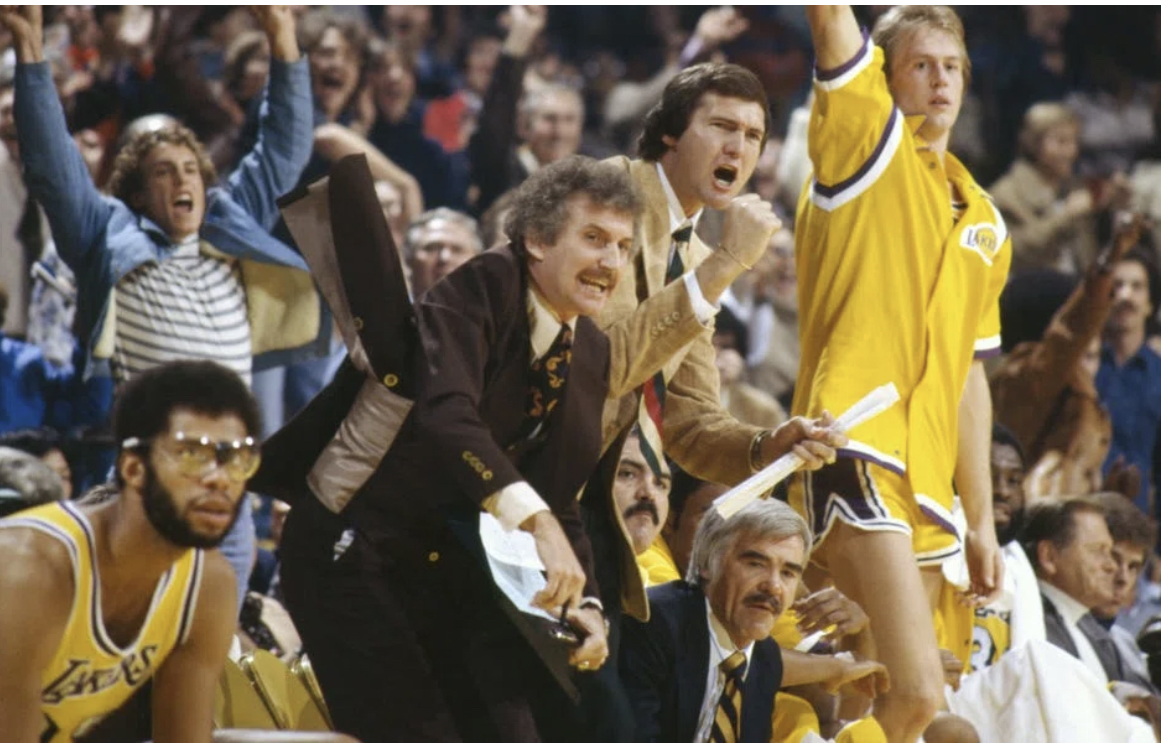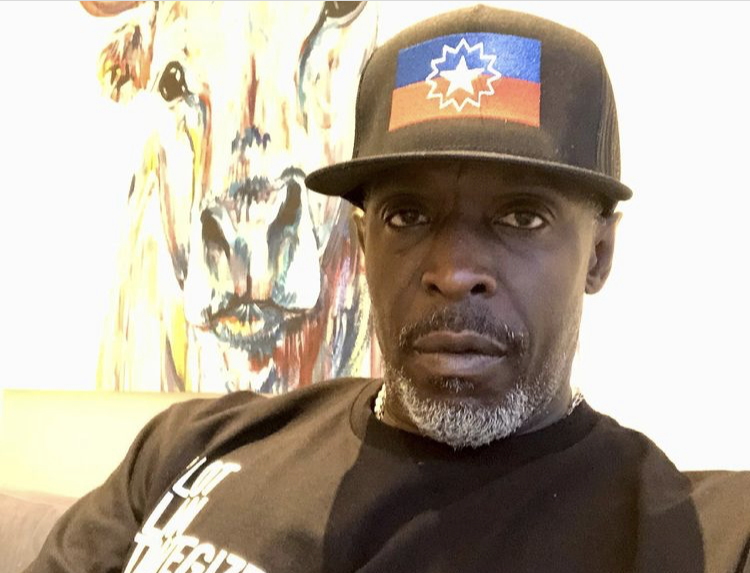A decade after his death, the Shadow League takes a look at ‘The King of Pop’ after the ‘Leaving Neverland’ documentary.
No offense to Beyonce´, or the Beyhive, but there’s never been a bigger global and iconic artist than Michael Joseph Jackson.
But earlier this year, Jackson’s complicated legacy was put on front street for the world to examine. All the conversations we previously held in private, and all the things we internally may have known but never wanted to admit, had to now be dealt with. Because when HBO’s “Leaving Neverland” documentary was released in January, it became a chapter in Jackson’s story that simply cannot be ignored.
Some refused to watch it, while others were open to the information that was laid out in the 4-hour production. But no matter what people chose to believe or disregard, decisions had to be made about how Jackson will be remembered.
Do we keep listening to Jackson’s music, or is it time to turn it off? The dilemma is a real one, especially since we’re still processing the fallout from Lifetime’s “Surviving R. Kelly” docu-series.
“For the first week after the MJ documentary hit, I️ hesitated in playing his hits,” said Brian Henry, professionally knowns as DJ B-Hen, to the Shadow League.
“I️ literally looked around the room to make a deeper read of the crowd. As a DJ, my goal is always to leverage music as a tool to unite and bring people together. So playing anything that could cause the opposite is always a red flag.”
If we were having a hard time deciding if we were going to listen to artists like Jackson and R. Kelly before these documentaries came out, you can see the effect it had on DJs, as music has always been a tool that causes visceral reactions.
“Prior to the R. Kelly documentary, I️ once had a guest at a wedding curse me out for playing “Step in the Name of Love,” said Henry. “She literally came to the DJ booth and began yelling and screaming at me, reciting allegations that’s we’ve been all aware of for years.”
As I said before, things came out this year that forced us to deal with information that previous generations were able to ignore.
“I tell Mike all the time, ‘you can’t have no more kids out at the house,” said Steve Harvey back in 2006 in his standup special, Don’t Trip… He Ain’t Through with Me Yet.
“I’m 48 and Mike is 47, I ain’t got no 8-year-old buddies,” Harvey explained as the crowd laughed. “I told Mike, quit letting them little white kids come out to the house. ‘Well, Steve why you say white kids?’ Because no black kids been in the news. Well, what do you want me to say? Some of these ain’t jokes, I’m just reporting the facts.”
That same year, Katt Williams went even harder at Jackson, going in on him like no other person, or comic, had ever before so publicly.
“F**k that n***a,” Williams said during The Pimp Chronicles Pt. 1. “He just on the balcony picking little boys out, just…..‘I like him.”
“Now what the f**k would Michael need at his house if he was trying to make little boys feel comfortable? I don’t know, a gotd***n amusement park, some mother******g animals, some video games, some free candy?”
But despite what Harvey, Williams, and what many other comedians had ever said about Jackson, a case of convenient amnesia was still the cause of a lot of the outrage when “Leaving Neverland” was released, despite the fact that Jackson had been doing a lot of bizarre things long before his passing in 2009.
Remember Bubbles, Jackson’s pet chimpanzee? Or the whole debate about whether he had vitiligo or was bleaching his skin? What about all those nose jobs, or when he married Lisa Marie Presley out of nowhere in 1994?
“After Thriller, Mike was just weird. Even with the ‘Dangerous’ album, we rocked with ‘Remember the Time,’ but we weren’t messing with him, and he really wasn’t messing with us,” said Naima Cochrane, a longtime music industry veteran and creator of #MusicSermon, to the Shadow League.
“His relationship with the black community was very complicated, and since he’s died we’ve embraced so much of early Michael, that people who weren’t old enough to remember that era think we’re trying to destroy and tear him down when we’re not because none of this stuff is new.”
With the Jackson 5 first hitting the scene in 1969, and with Jackson’s last solo album, before he died, being released in 2001(Invincible), you have a career that spans four decades, meaning that being old enough to properly understand all the needed contexts that are involved in Jackson’s legacy is important.
“The black people who were vocally outraged at the Michael Jackson documentary were not of age in the 1990s, because in the 90s when all the trials were going on, black people really weren’t rocking with Mike like that,” explained Cochrane. “There were no protests, there was no outrage. We still rocked with Mike’s music, but we did not rock with Mike. This is when he was “Wacko Jacko.” And in the ten years since his death, there has been this revisionist history like Mike didn’t spend his entire adult life avoiding controversy.”
“In our heads, a few different versions of Michael Jackson exist,” Cochrane continued. “There’s Jackson 5 Mike, there’s dark-skinned Mike, and sometimes it hard to rectify that early Michael Jackson is the same person as the one we saw later in his life.”
Despite all the different versions there may have been of Michael Jackson, each of them produced classic and timeless music that the entire world enjoyed. And for Black America, it’s one of the reasons why Jackson’s legacy is so beloved because we’d never seen a black artist loved by white people like that.
I mean, we loved Mike, but we weren’t the ones passing out at his concerts. But if you put on any cut from “Off the Wall” or the “Thriller” album, we’re sure to be the first ones singing or on the dance floor.
“It’s not that black people can’t let Michael Jackson go, it’s that black people can’t let Michael Jackson’s music go,” proclaimed Cochrane.
In 2019, there are two major things at play involving Jackson that weren’t around for previous generations. One of them is the concept of being able to separate an artist from the art, which is partly due to social media and us living in a time in which we’re more socially aware and conscious. The second is cancel culture.
“I️ had to push away from cancel culture,” revealed Henry. “You can’t cancel someone whose gift has created such immense value for the entire world.”
Henry’s point is a valid one, especially if we were to add people like Bill Cosby and R. Kelly to the conversation. Do you ignore the great music and art they created, or is there a way to still be a fan of the work, but not the person?
“If you cancel every artist that ever did anything problematic or borderline illegal or abusive, ever, we’d probably have no more recording artist to listen to of any genre,” Cochrane explained. “And I’m not just talking rap or R&B, either.”
Cancel culture can be a slippery slope because there is no beginning or end to it. It’s also unforgiving and ignores the ability for one to mature and evolve. However, there has to be a technique for holding people accountable for their actions.
This is an ongoing conversation that must continue, especially in terms of art and music, given how important they are to our everyday lives. But in the end, who you choose to cancel, listen to, or simply ignore will always be a personal decision.
And while many will spend this week recognizing and examining Jackson’s legacy a decade after he passed away, it would be unjust to disregard the unpleasant parts of his story.
Jackson once sang about looking at the “Man in the Mirror,” and in the ten years after his death, it’s ironic that his legacy is forcing us to be honest with ourselves.



